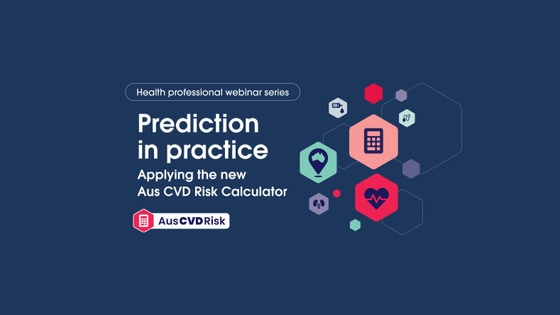Predicting rapid coronary heart disease progression through blood flow simulations
/
Predicting rapid coronary heart disease progression through blood flow simulations
Dr Adam Brown, Monash University
2018 Postdoctoral Fellowship
Years funded: 2019-2022
Coronary heart disease remains a major concern globally and within Australia despite advances in health promotion and treatment options. A major challenge faced by cardiologists is identifying those patients that are at highest risk of heart attacks.
At present, the population-based methods for risk stratification are imprecise and make the task of predicting exactly those who will suffer events difficult. Thus, novel and more accurate methods are required for predicting disease progression. Mechanical shear stress, induced by blood flow, has been shown in animal models to be associated with plaque growth. This proposal involves collaboration between cardiologists and biomechanical engineers, seeking to validate whether shear stress can be reliably calculated from heart scans.
The project will then assess whether baseline shear stress can improve prediction of plaque growth in humans and whether it may improve our ability to anticipate heart attacks. If successful, the work will form the foundation for clinical integration of shear stress with heart scans to identify high-risk patients, moving the field towards personalised cardiac risk stratification.
This project is co-funded with NHMRC - National Health and Medical Research Council.
You might also be interested in...

Dr Tomasz Block
NOX5 - a new blood test for predicting unstable heart disease

Q&A with Professor Diane Fatkin
Is genetics useful for predicting outcomes in people with atrial fibrillation?

Webinar: Prediction in practice: Applying the new Aus CVD Risk Calculator
The new 2023 Australian Guideline for assessing and managing cardiovascular disease (CVD) risk provides the latest evidence, practical advice and tools for CVD risk assessment and management in primary care.
Last updated12 March 2024